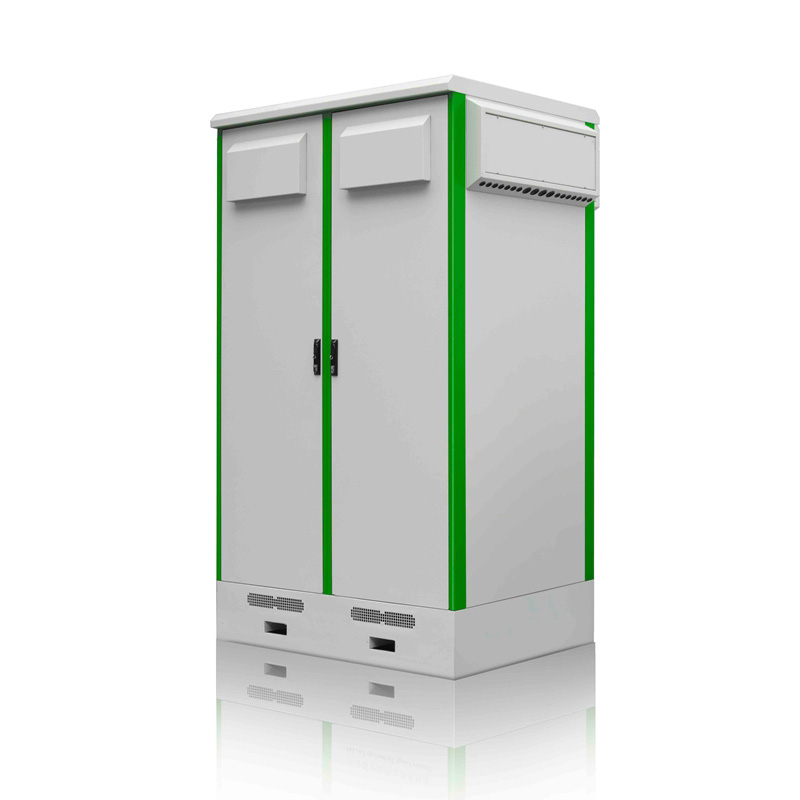
Aug . 12, 2024 08:56 Back to list
Exploring the Advancements in High-Efficiency Mechanical Energy Storage Solutions for Sustainable Energy Systems
High-Quality Mechanical Energy Storage Market An Overview
The global focus on renewable energy and sustainable practices has propelled the high-quality mechanical energy storage market into a transformative phase. As the world moves towards a greener future, the need for efficient energy storage solutions becomes paramount to support intermittent renewable energy sources like wind and solar. Mechanical energy storage systems, particularly those that emphasize quality and efficiency, are being recognized as viable options to enhance grid stability and energy management.
Mechanical energy storage encompasses various technologies, but two predominant methods stand out pumped hydro storage and compressed air energy storage (CAES). These systems leverage the principles of physics to store energy in mechanical forms, facilitating later retrieval when demand peaks or when renewable generation dips.
Pumped Hydro Storage
Pumped hydro storage (PHS) is the oldest and most widely used form of mechanical energy storage. It operates by using excess electricity to pump water from a lower reservoir to an upper one. During periods of high electricity demand, the stored water is released back down, turning turbines to generate electricity. This method not only provides a large-scale energy storage solution but also offers significant grid support capabilities, such as frequency regulation and load balancing. However, the site-specific nature of PHS, requiring geographical features suited for large reservoirs, can limit its deployment in certain regions.
Compressed Air Energy Storage (CAES)
Compressed air energy storage (CAES) is another notable method. This technology works by using surplus energy to compress air and store it in underground caverns or tanks. During periods of high demand, the compressed air is released, heated, and used to drive a turbine to generate electricity. While CAES systems have the potential to be implemented in diverse geographical locations, they still face challenges, such as energy efficiency and the need for significant initial investment.
high quality mechanical energy storage market

Market Trends and Drivers
The high-quality mechanical energy storage market is witnessing robust growth, driven by several factors. First, there is an increasing demand for energy storage solutions that can complement renewable energy sources. As countries commit to ambitious climate goals, the shift towards decarbonization is imperative, putting a spotlight on sustainable energy practices. Additionally, government incentives, subsidies, and investments in green technology are further propelling the market forward.
The rising global population and the corresponding demand for reliable energy sources also stress the existing electrical grids. Mechanical energy storage solutions are increasingly acknowledged for their capacity to provide backup power, synchronize renewable energy supply with demand, and improve overall energy efficiency. As urbanization continues, the need for resilient energy systems becomes increasingly critical.
Challenges and Opportunities
Despite the promising outlook, the high-quality mechanical energy storage market faces challenges. The high upfront costs associated with the development of PHS and CAES facilities can deter investment. Moreover, regulatory hurdles and the long lead time for projects can slow the pace of deployment. However, ongoing advancements in technology and materials science are likely to improve efficiency and reduce costs over time.
In conclusion, the high-quality mechanical energy storage market plays an integral role in the transition to a sustainable energy future. By harnessing mechanical storage systems, we can not only enhance grid stability but also create a more resilient and responsive energy infrastructure. As innovations continue to emerge and the focus on clean energy intensifies, the market for mechanical energy storage is set to expand, offering a plethora of opportunities for energy providers and consumers alike. The journey towards a more sustainable and efficient energy landscape is just beginning, and high-quality mechanical energy storage will undoubtedly be a critical component of this evolution.
-
AI-Powered EMS with GPT-4-Turbo | Efficiency Boost
NewsAug.01,2025
-
Optimized Storage System for GPT-4-Turbo | High Performance
NewsJul.31,2025
-
AI Energy Management System w/ GPT-4 Turbo Efficiency
NewsJul.31,2025
-
High-Performance Energy Storage System for Reliable Power Solutions
NewsJul.30,2025
-
Advanced EMS Solutions for Energy Management System & Storage Battery Companies
NewsJul.29,2025
-
Intelligent Energy Management for Homes - Efficient Storage Solutions
NewsJul.29,2025























